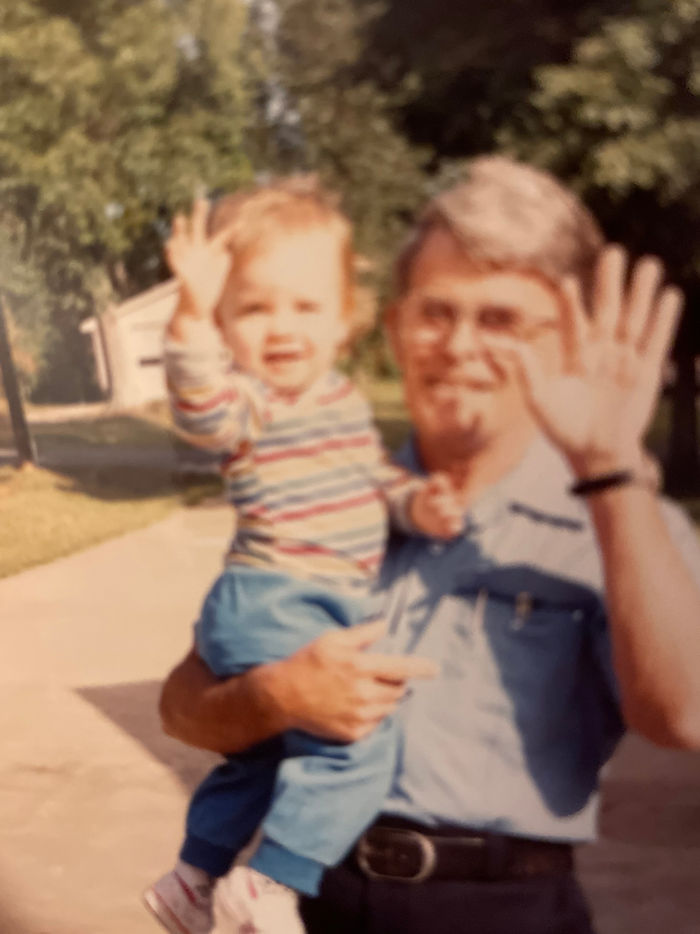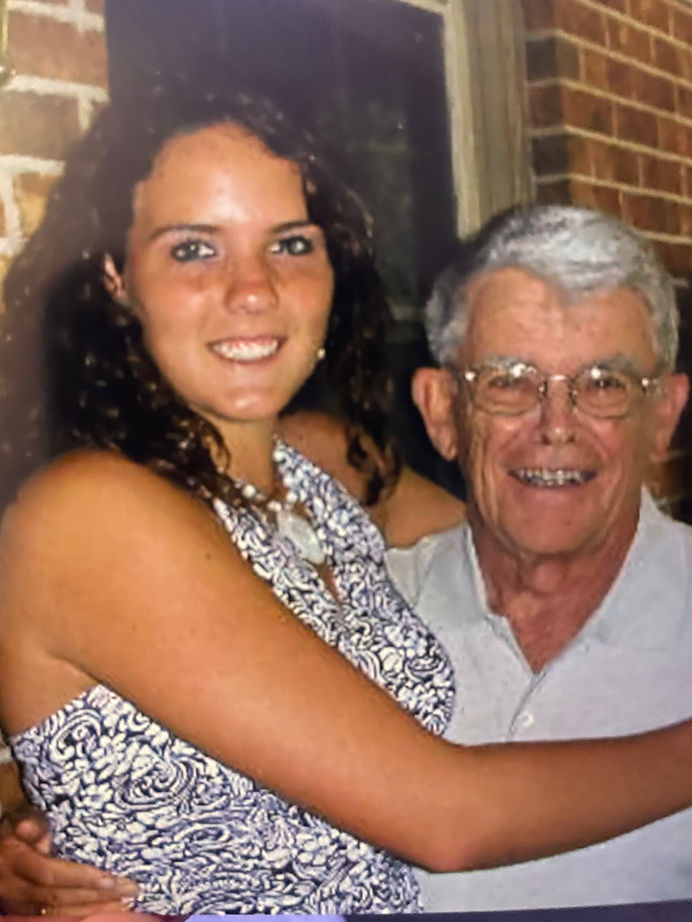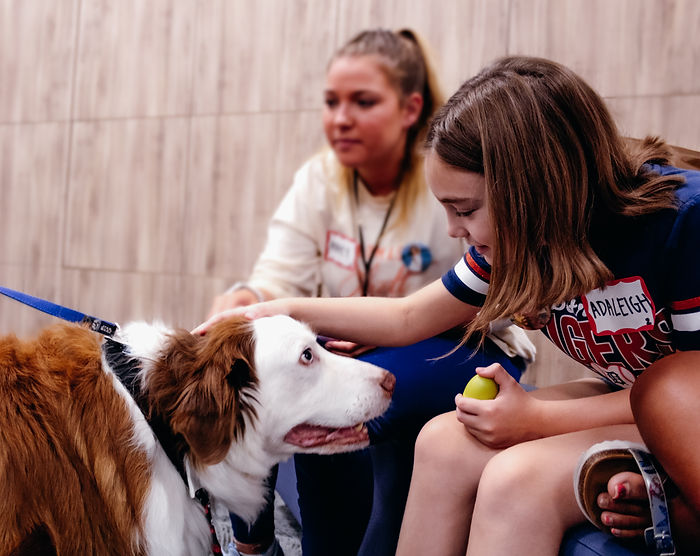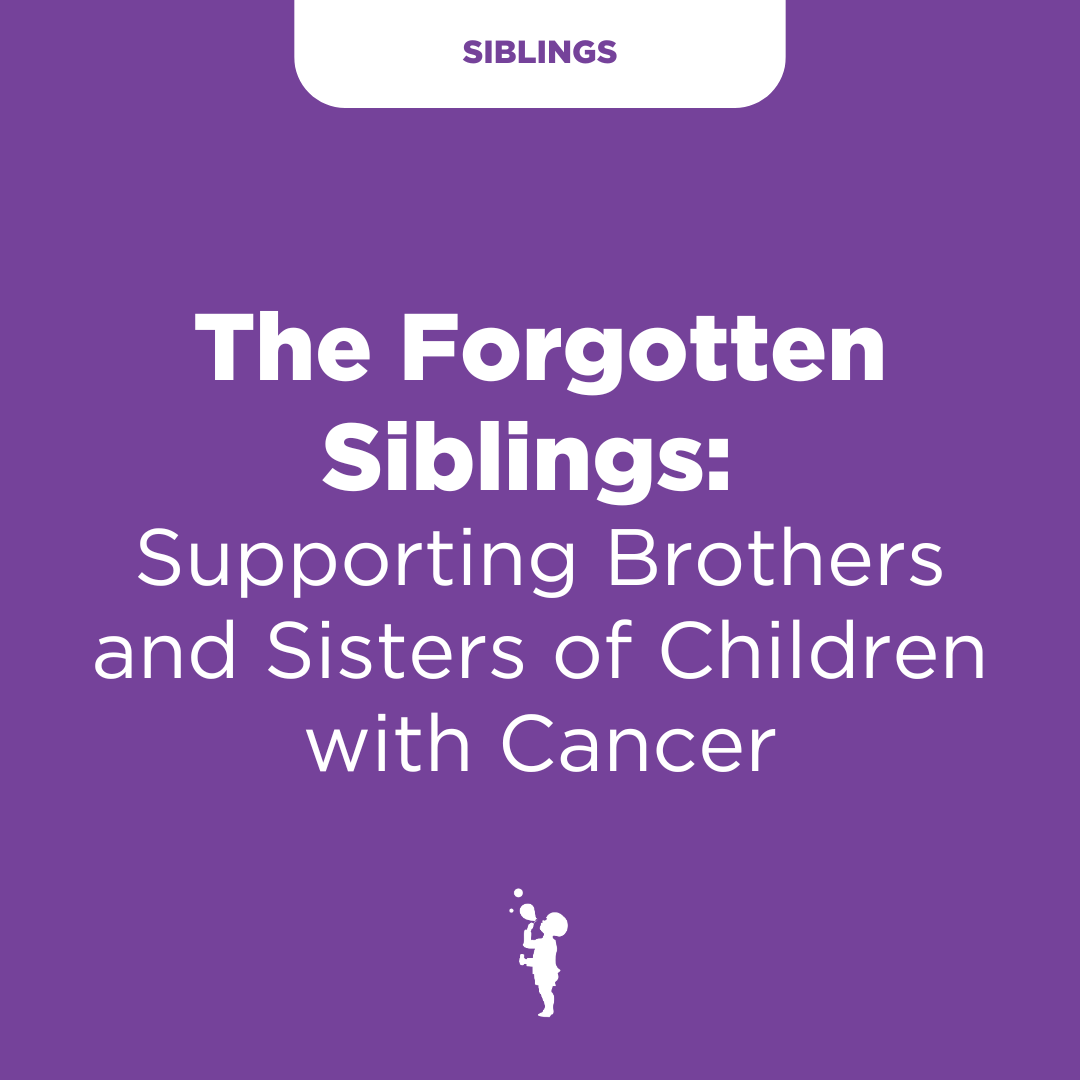Teen Grief Guide: Navigating Loss and Supporting Teens Through the Healing Process

Grief, such a simple, five letter word but its meaning carries so much for anyone who has been touched by it.
Everyone I have ever come in contact with has experienced grief in some form, whether it is the loss of a pet, the loss of a relationship, the loss of a parent or even a child. Each grief experience I have seen and experienced has been different. From the fletching stages to the years after, no one grieves the same. My first vivid experience with grief was the death of my grandfather. Growing up he was my best friend. My brother and I spent summers with him and my grandmother, playing in the yard, planting a garden, and learning how to play golf. He was a retired army veteran who was a “self taught golf pro” as he would say. I showed interest in playing golf from a very young age, and my grandfather cultivated that passion in me. I remember the day I got the call from my mother “your grandfather had an accident at the golf course, he is going to the hospital”. I was 16 years old, well into my angsty teenage years but even then, even though I had my own drivers license and car, I still let my grandfather come pick me up after school and drive me to the golf course for lessons or practice for my high school team.
My grandfather never left the hospital after I got that call. He was diagnosed with pneumonia on admission and subsequently metastatic lung cancer. He was only admitted for a few days before he eventually passed away. I remember my dad coming to pick me up from school, it was in the middle of the day so I knew that this was it, it might be the last time I would see him. We drove to the hospital and I sat down beside him and I asked him why he had to go, why he was leaving me. He told me that he had to be in heaven to greet his baby when she got there. At the time my aunt had been battling stage four breast cancer for many years and now I realize at the time her outlook was bleak. My grandfather passed away not even a day later and not long after my aunt passed away as well. I don't remember a lot about the days, weeks, or even months following my grandfather and aunt’s passing. I felt like there was something missing. I was angry, sad, and lonely. I still feel the tug of sadness, even 17 years later, when I look at my children and think about how much he would have loved them. I attribute my passion for oncology nursing to my grandfather and aunt. I want to be able to help every patient and their family I can, from their diagnosis, through treatment and into survivorship. Let's face it, grief starts the second you think something is wrong, even when you don’t know exactly what it is yet. So let's talk about what grief is, the stages of grief, how grief affects teenagers, and tools and resources to help you or your loved ones manage grief.

What is grief?
Grief is broadly defined as a reaction to loss. Everyone’s reaction to grief will be different and the healing associated with the grieving process takes time and everyone’s time frame is different. From my experience with the oncology patient population, grief begins the second you think something is wrong. As an oncology nurse every patient I met was already grieving even though many did not realize it at the time. Grief is always associated with the loss of a loved one but it can also be associated with other losses such as the loss of independence, the loss of hair with chemotherapy, the thoughts of helplessness associated with a cancer diagnosis, the thoughts of being a burden or a financial hardship to your family. The overwhelming emotion most every newly diagnosed patient had when I met them was anger or indifference, one the first stages of grief.
Stages of grief
The five stages of grief are denial, anger, bargaining, depression, and acceptance.
Denial
Grief can be a very powerful emotion and when brought on suddenly by something devastating that will change your life it can be very hard to accept. The denial stage of grief is when you pretend that nothing is wrong. “Of course my dad isn’t dying of cancer”. “There is no way my little sister could ever be sick”.
Anger
The next stage of grief is anger. Anger is a masking effect that many people use to hide hard emotions such as sadness and pain. It is easy to feel angry. “Why is this happening to my family”. “What did I do to deserve this”. “Why would God let this happen to me?”. After the feelings of denial and anger have subsided and you realize that what is happening isn’t a mistake and will not be going away the next stage of grief is bargaining.
Bargaining
It is not uncommon for people to seek out ways to regain control of a situation. I saw this many times with newly diagnosed oncology patients. Many people would seek out a second opinion to make sure they viewed every option for treatment, which is never frowned upon. I always viewed it as knowing all of your options to make the best informed decision and if it was what a patient wanted to do I encouraged and facilitated the process. I now realize that it is a part of the grief cycle, bargaining or regaining some semblance of control.
Depression
The fourth stage of grief is depression, this is a part of grief I see very often in my career. Everyone's cancer journey is different just like everyones grieving process. I have been the nurse to call a patient to let them know their surveillance scan showed a questionable area and the doctor wants to see them sooner. I have been the nurse that goes into the room with chemotherapy teaching after the doctor has told the patient their cancer has metastasized and they are in a state of disbelief because only three months earlier they completed their induction chemotherapy and their scans were clear. Depression ebbs and flows with treatment. Depending on the type of chemotherapy, surgery, or radiation a patient receives can leave them with many deficits and physical changes. Loss of independence, mobility, jobs, and your sense of self or who someone is can be very triggering for depression.
Acceptance
Stage five of grief is acceptance. Acceptance isn’t always happy and beautiful, it also doesn’t mean that you are done grieving. It simply means that you realize where your life is and what cancer now means for you or your loved ones. I have talked with patients who realized that thier diagnosis wasn’t curable and their plan was to finish the last days, weeks or months of their life at home with their kids and grandkids without treatment.
Grief in teens
By the end of high school, five percent of today’s students will have lost one of their parents and 20 percent will have experienced the death of someone close to them. Some of the following behaviors may be exhibited by a teen who is experiencing grief related to the death of a loved one:
- Physical symptoms: chest heaviness, loss of appetite, sleeplessness, restlessness and difficulty concentrating
- Emotional symptoms: Anger and lashing out, feelings of guilt, mood changes, crying, unexpected outbursts, denial, regression
How to help a grieving teen
The following information was taken and modified from Helping Teens Cope with Death from The Dougy Center, The National Center for Grieving Children and Families. There are six basic principles of teen grief.
- The first is that grief is a natural reaction to death and other losses, however, it might not feel natural due to the difficult nature of teenagers being able to control emotions, thoughts, or physical feelings associated with death. Many teens resist grief. Adults can help by showing teens that they are grievers, this allows them to progress in their journey through grief.
- The second is that each grieving experience is unique. There is no certain time frame for grief or “correct” response. Some teens may grieve by lashing out, while others may grieve through laughter. There is no right way to grieve and adults can help teens by being a helping hand on their grief journey through active listening and learning.
- The third is that there is no “right” and “wrong” way to grieve but there are “helpful” and “unhelpful” choices that are associated with the grieving process. There are constructive behaviors to help assist teens through grief such as talking with trusted friends, journaling, creating art, and expressing emotion. Destructive grief behaviors such as substance and alcohol abuse, reckless sexual activity, or withdrawal from social activities can have long lasting complications and consequences.
- The fourth is that every death is unique and experienced differently. Odds are that if a teen is experiencing the death of a parent or sibling there are going to be others in the teens family unit that are also substantially affected by the death as well. Within a family each person may mourn differently which can cause tension and misunderstanding in an already stressed environment. Keeping in mind that the way people grieve is unique to them can help people support each other during the difficult time during a loss.
- The fifth is that many factors influence the grieving process. These include: social support systems, circumstance of the death, nature of the relationship with the deceased, emotional/developmental age of the teen, and any previous experiences with death.
- The sixth is that grief is ongoing, grief may never really end but it does change character and intensity.

AHF Grief Support
The Austin Hatcher Foundation provides many different avenues of grief support. AHF offers in person and tele-health grief counseling sessions with a licensed marriage and family therapist with over 35 years of experience in grief counseling. AHF also partnered with The Children’s Hospital at Erlanger to host a grief camp in 2022 and 2023. There are also several written resources for children and adults that can be found on the AHF website.


.png)


.png)